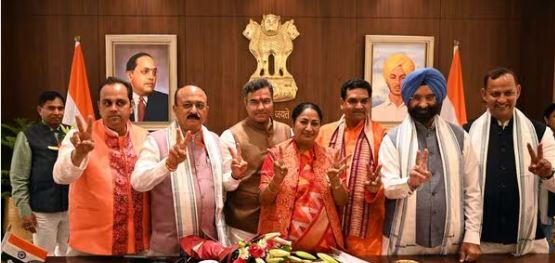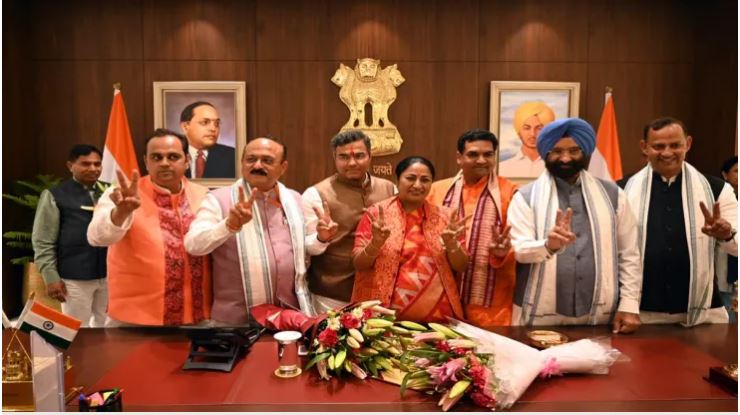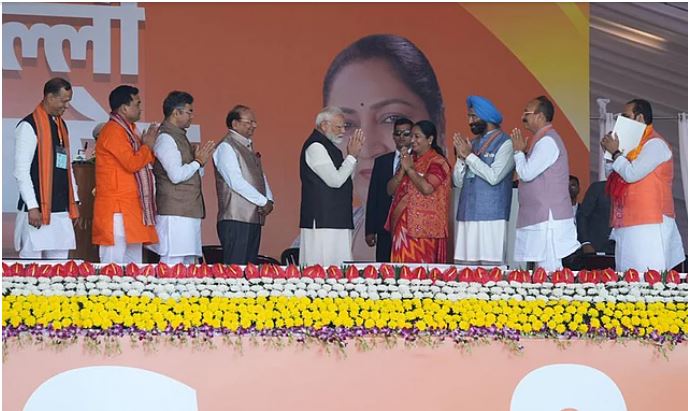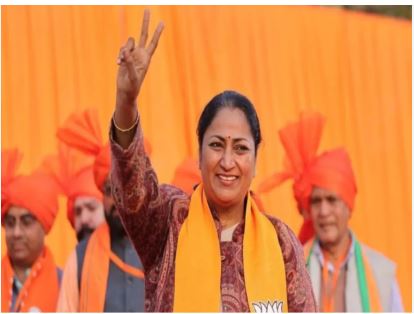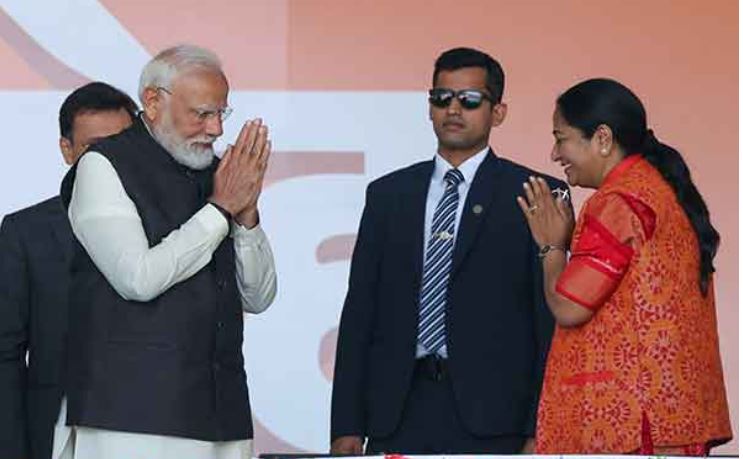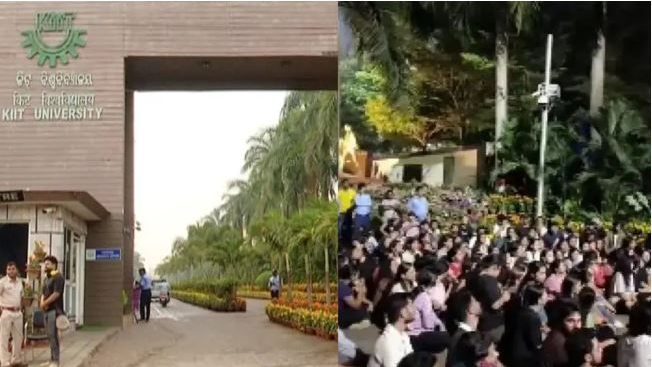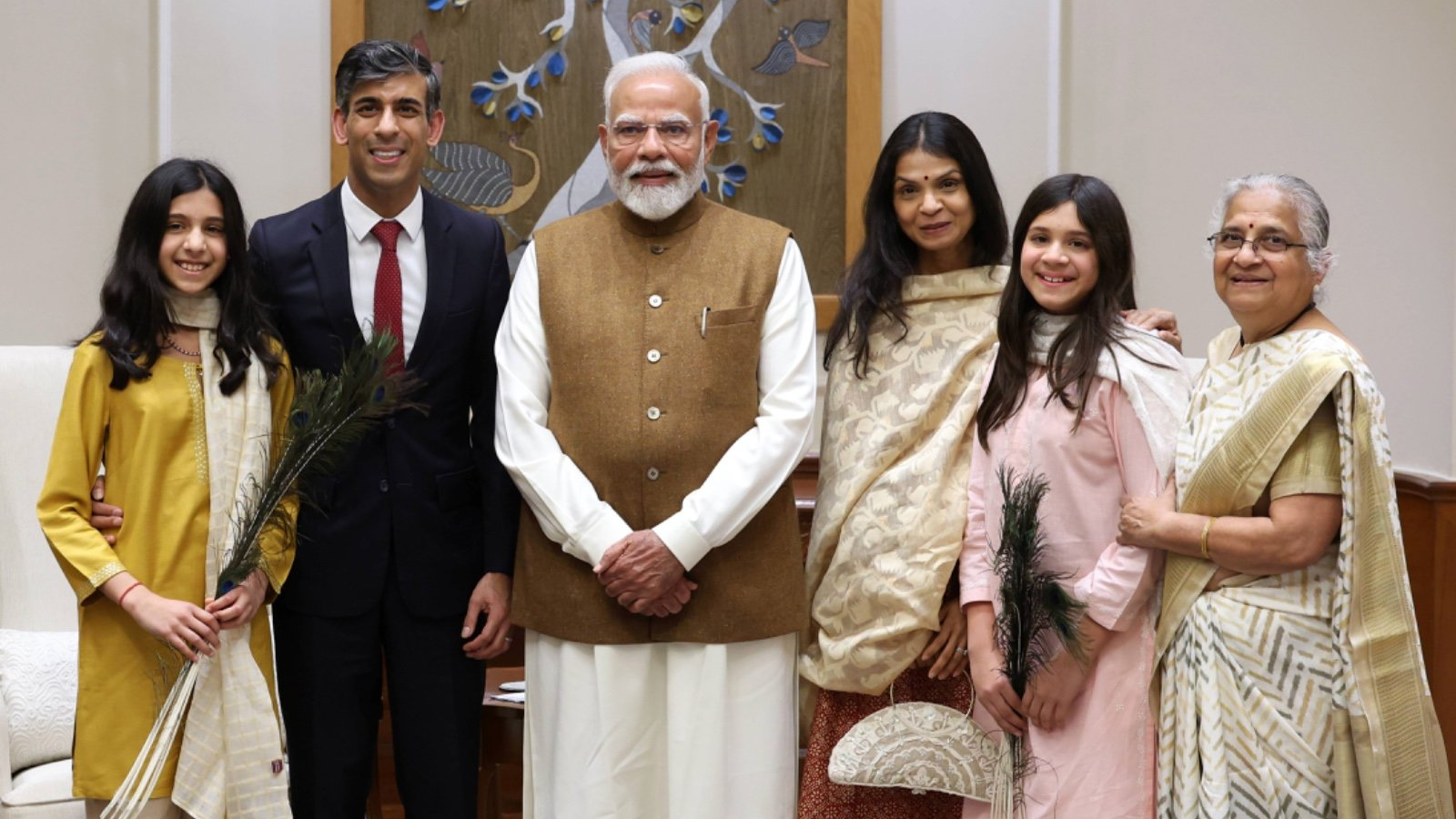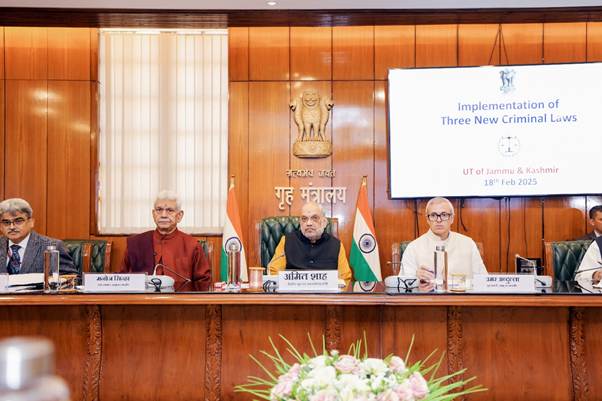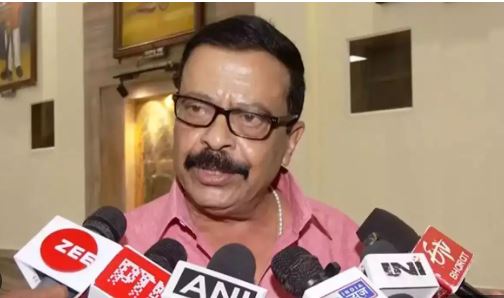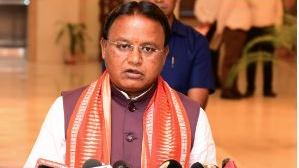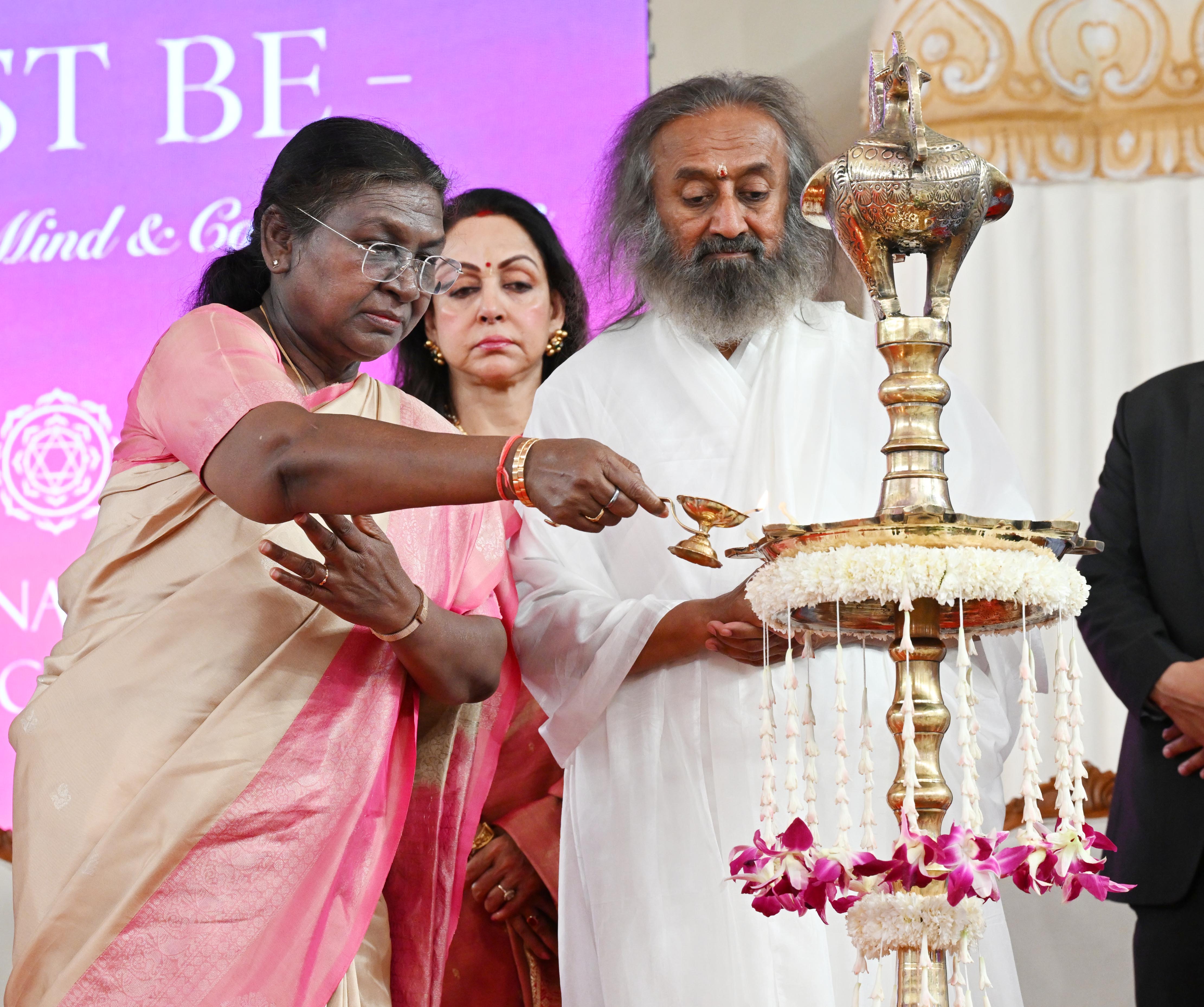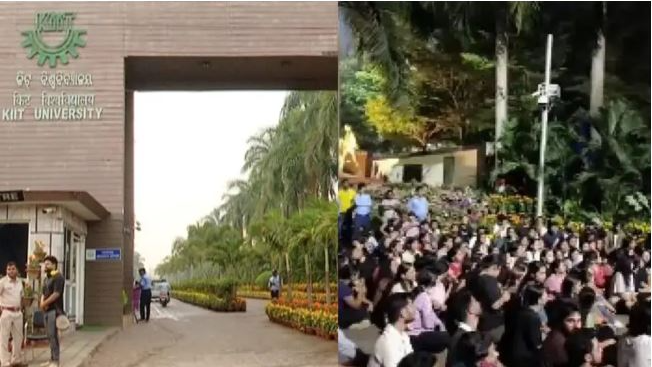Over 100 Israeli companies, buzzing with cutting-edge innovations, landing in India to explore what could become one of the most transformative economic partnerships of the decade. Last week, this historic delegation—Israel’s largest-ever business group (100) to visited India—had over 600 meetings with Indian industry leaders, from tech giants like to renewable energy pioneers. The grapevine buzz: A free trade agreement (FTA) between the two nations, which is inching closer to reality. If the FTA goes ahead, this could redefine how India and Israel collaborate on everything from drought-proof farming to cyber security.
It was Business all way through:
This was not a normal business or trade visit. The Israeli delegation, organized by the Israel Export Institute, brought expertise in sectors where both nations see eye-to-eye: artificial intelligence (AI), cybersecurity, agriculture, renewable energy, and water management. Think drones that predict crop yields, software that thwarts hackers, or tech that turns seawater into farmland—the kind of solutions India urgently needs as it races toward a $5 trillion economy. “Indian companies weren’t just interested—they were more than eager to collaborate,” said Avi Balshnikov, Chairman of the Israel Export Institute. “This isn’t a one-off. We’re laying the groundwork for trade to double or triple in the next few years.”
In 2024, India-Israel trade hit $5 billion, a mix of diamonds, tech gadgets, and farm tech:
$2.5 billion: Israeli exports to India (think drip irrigation systems, cyber-security tools).
$1.5 billion: Indian exports to Israel (pharmaceuticals, machinery, textiles).
$1 billion: Sparkling diamond trade, a longtime staple.
Both India and Israel agree this is just the start. With FTA expected by 2025, tariffs could drop, red tape might slim, and Israeli startups could find easier routes to India’s massive market—home to 1.4 billion potential customers.
Why This Partnership Makes Sense
India wants tech to tackle its big challenges: securing farms against climate change, upgrading infrastructure, and shielding its digital networks from attacks. Israel, a global innovation hub with just 9 million people, needs scale—and India is the better place to test and deploy its inventions?
At the Israel-India Business Forum in Delhi, India’s Commerce Minister Piyush Goyal put it plainly: “Israel’s knack for turning ideas into life-changing tech is unmatched. Combine that with India’s production muscle and market depth, and you’ve got a powerhouse duo.” Israel’s Economy Minister Nir Barkat echoed the optimism: “Sending 100 companies aren’t a gesture—it’s a statement. We’re here to stay, and we’re bringing tech that can change lives.” Indian conglomerates like TATA, GMR and Nasscom had meetings and proposal discussed during ‘India Energy Week’.
Shortly, Piyush Goyal will lead an Indian business team to Israel, targeting partnerships in healthcare, water tech, and AI. The goal? To lock in investments and ensure the FTA isn’t only on commodities, but also on shared knowledge. For Israel, it’s a gateway to one of the world’s fastest-growing economies. For India, it’s going to help weed out poverty, secure harvests, and power its green transition. As one Israeli delegate quipped, “We’re not just signing a trade deal; but how both countries can innovate together.” Thus once the FTA is through it will be a win-win situation for both Delhi and Tel Aviv








